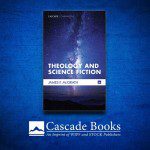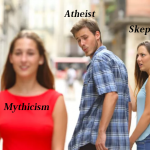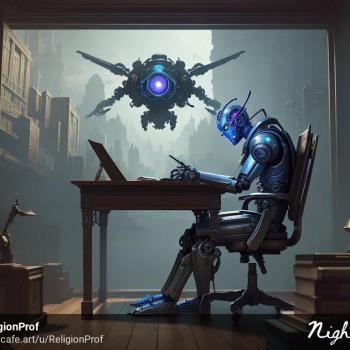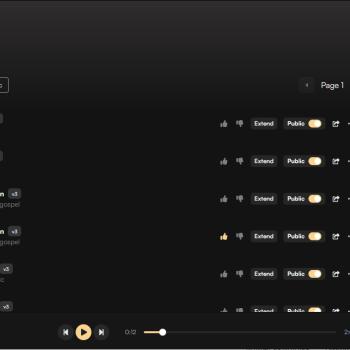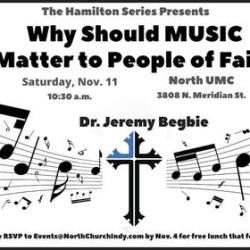I have had a draft of a blog post for a while, which was initially entitled Saint John Coltrane, but expanded to touch on enough other topics that I broadened the title. But an upcoming event in Indianapolis made me think I should finally finish and publish the post. And so I’m doing so, starting with the details of the event in question:
A Love Supreme – John Coltrane Tribute – Indianapolis Jazz Collective presented by Indy Jazz Fest
Sunday, January 20th @ The Jazz Kitchen | 21+
Doors 5PM
Show 7PMTickets $20-30. May be purchased online, or at The Jazz Kitchen box office from 12-5pm weekdays in person or by phone at 317-253-4900.
Rob Dixon – sax
Steve Allee Music – piano
Steve Houghton – drums
Jim Anderson (Cincinnati) – bass
Ernest Stuart (Philadelphia) – tromboneJoin us for a special night celebrating the landmark recording of John Coltrane with the Indianapolis Jazz Collective led by Rob Dixon.
Like everyone, I’ve always known music to be good for soothing a broken heart or for giving weight to ephemeral ennui but it’s a different thing altogether to be confronted with the sure realization that all my precious philosophy could only ever be chaff. The holiness of music is not found in the simple manipulation of mood but is rather in giving weight to the liminality of living.
Richard Beck wrote recently:
Lacking an experiential encounter with the living God, virtue formation can become a sterile, behavioral slog. Who would sign up for it? Or persist with it?
What I think we need to start doing in regards to spiritual formation is cultivating mysticism. Church should not only be a school of virtue, it should also be a school of mysticism.
Disenchantment–our increasing inability to experience God–is the greatest existential threat to the church. If you never encounter God in a deep, experiential way why would you submit to the rigors of virtue formation, or anything related to church and the Christian faith?
In this secular age, Christians need to become mystics and churches schools of mysticism.
I wonder whether music can help. In watching Martin Doblmeier’s new movie about Howard Thurman (about which I have a podcast recorded that will be released soon), the intersection of music and mysticism in his case also grabbed my attention. Hildigard of Bingen and Arvo Part have also been the focus of recent books and articles. The AAR announced the recipient of this year’s religion and the arts award: composer and trumpeter Wadada Leo Smith. And Abdullah Ibrahim’s piece “Tawhid” also falls squarely at the intersection of religion and music.
Two videos related to Coltrane came to my attention:
Zen Pencils had a comic about John Coltrane:
http://zenpencils.com/comic/coltrane/
See too John Turner’s blog post about Randall Stephens’ book, The Devil’s Music. In it he writes:
It wasn’t just the lyrics about sexuality or the beat. As jazz had once done in some places, rock music brought white and black young people together. Anything that combined interracial gatherings with the idea of sexuality was necessarily provocative and dangerous. It was no accident that white critics of rock panned its alleged African roots, just as critics of jazz had denounced “jungle music.” “Don’t Let Your Children Buy, or Listen to These Negro Records,” warned the White Citizens’ Council of Greater New Orleans. Interracial concerts were flashpoints across the South in the late 1950s and early 1960s.
Note as well Kim Fabricius’ list of rock songs that connect with parables in some way. And finally:




